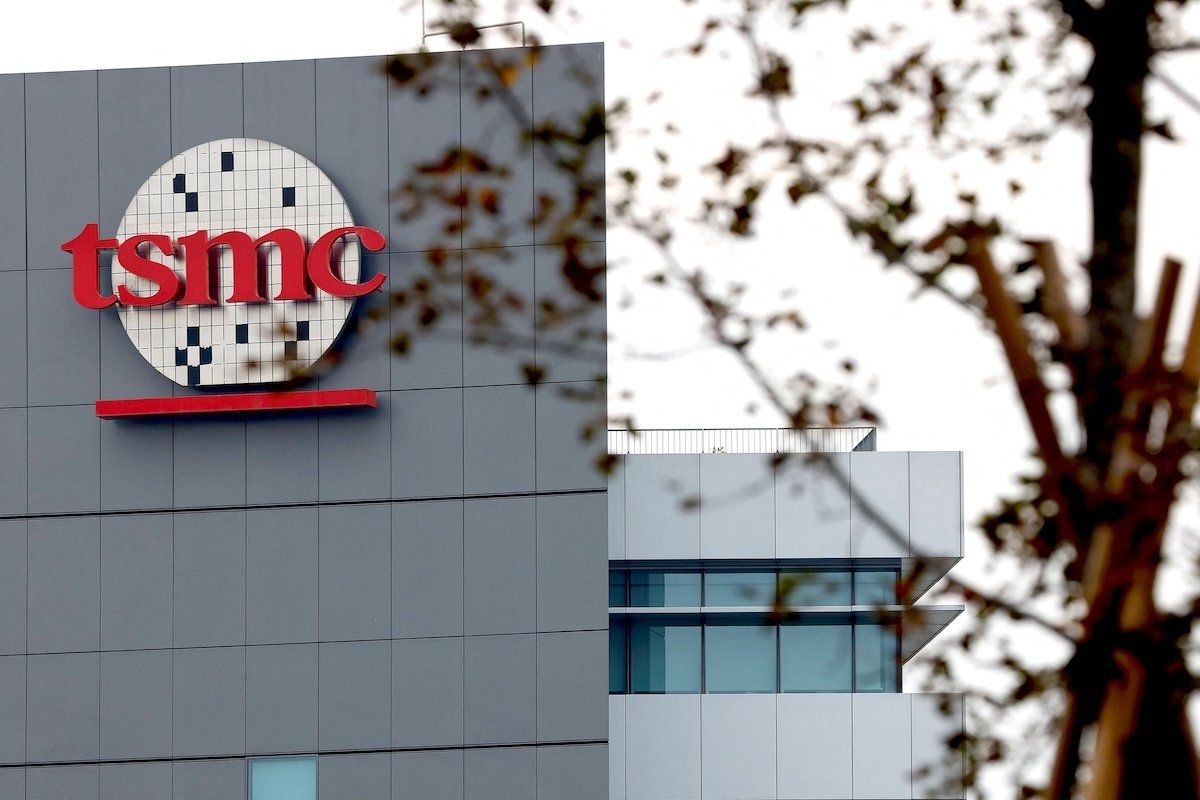Taiwan Semiconductor Manufacturing Company will receive as much as $6.6 billion from the US government to expand its chip-making complex in Phoenix, Arizona. As part of the deal, TSMC will also receive $5 billion in loans and invest $65 billion to build a third factory in the complex. It’ll receive the money if it complies with due diligence requirements set forth by the 2022 CHIPS and Science Act, a $200 billion investment in America’s domestic semiconductor infrastructure.
TSMC, based in Taiwan, has become perhaps the world’s most important chip fabrication company. Chip designers like AMD and Nvidia — the two companies at the forefront of made-for-AI graphics chips — contract with TSMC to make their chips.
The government also sees its investment as a job-creator, with TSMC set to hire 20,000 people for construction and 6,000 for manufacturing, and $50 million of the grant will be set aside for job training programs.
The US sees chip infrastructure as a matter of huge national importance. “It’s a national security problem that we don’t manufacture any of the world’s most sophisticated chips in the United States,” Commerce Secretary Gina Raimondotold reporters. “Now, because of this announcement, these chips will be made in the United States."
TSMC remains at the heart of Taiwan's “Silicon Shield,” the protection that semiconductor dominance provides the island nation by giving the United States good reason to protect it from Chinese attack. Could shifting more of TSMC’s production to Arizona eliminate that incentive?
That's unlikely, says Xiaomeng Lu, a director of Eurasia Group’s geo-technology practice. "TSMC will always keep their most advanced capacity in Taiwan, and their pledge of making 2nm chips is not legally binding," she says. So while "it may run the risk of thinning the silicon shield if fully materialized, weakening it is less likely."
